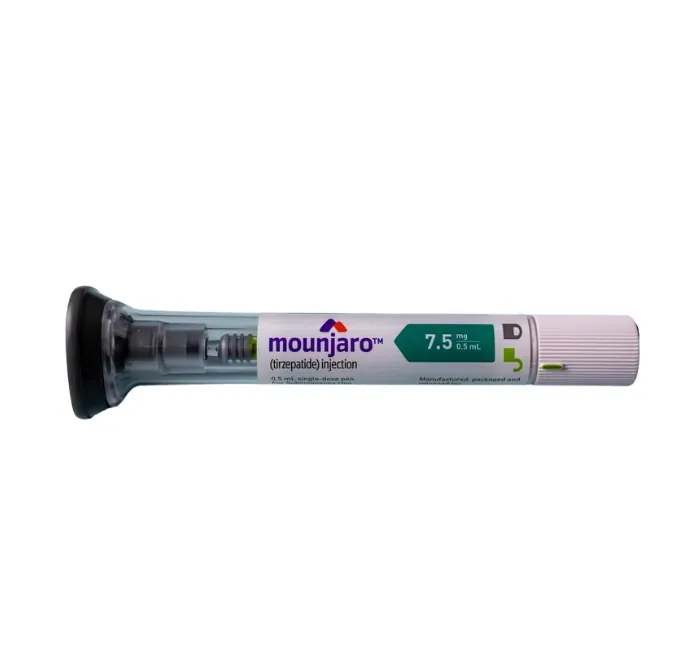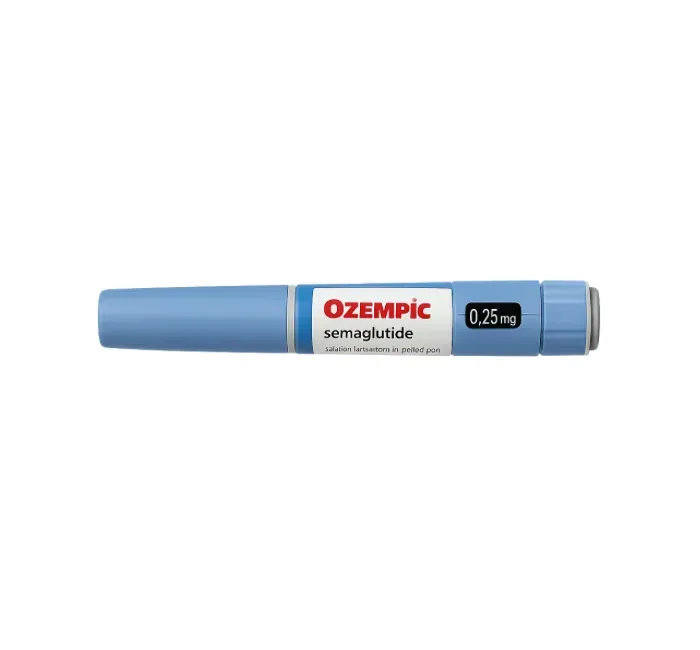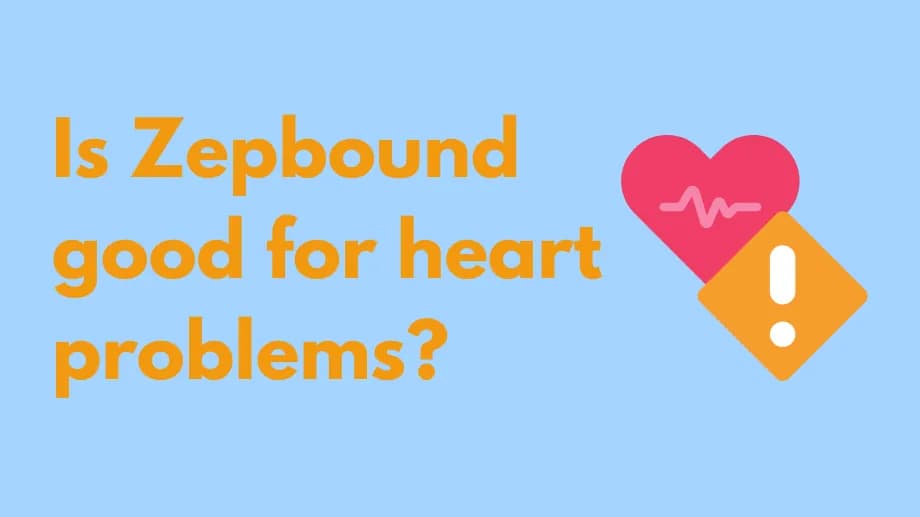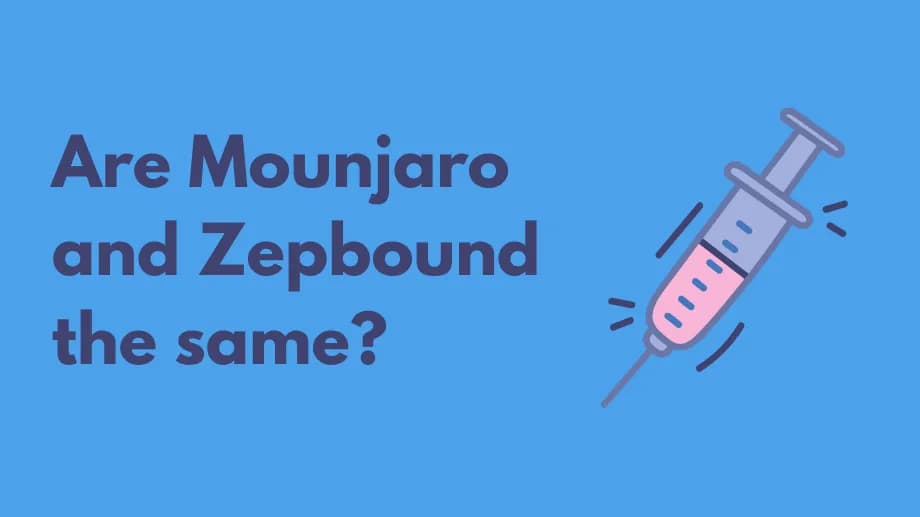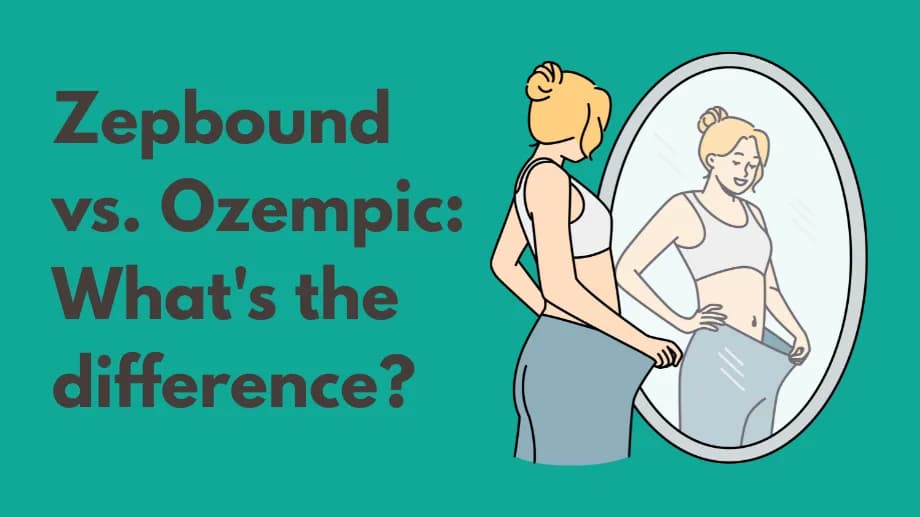Zepbound vs Mounjaro
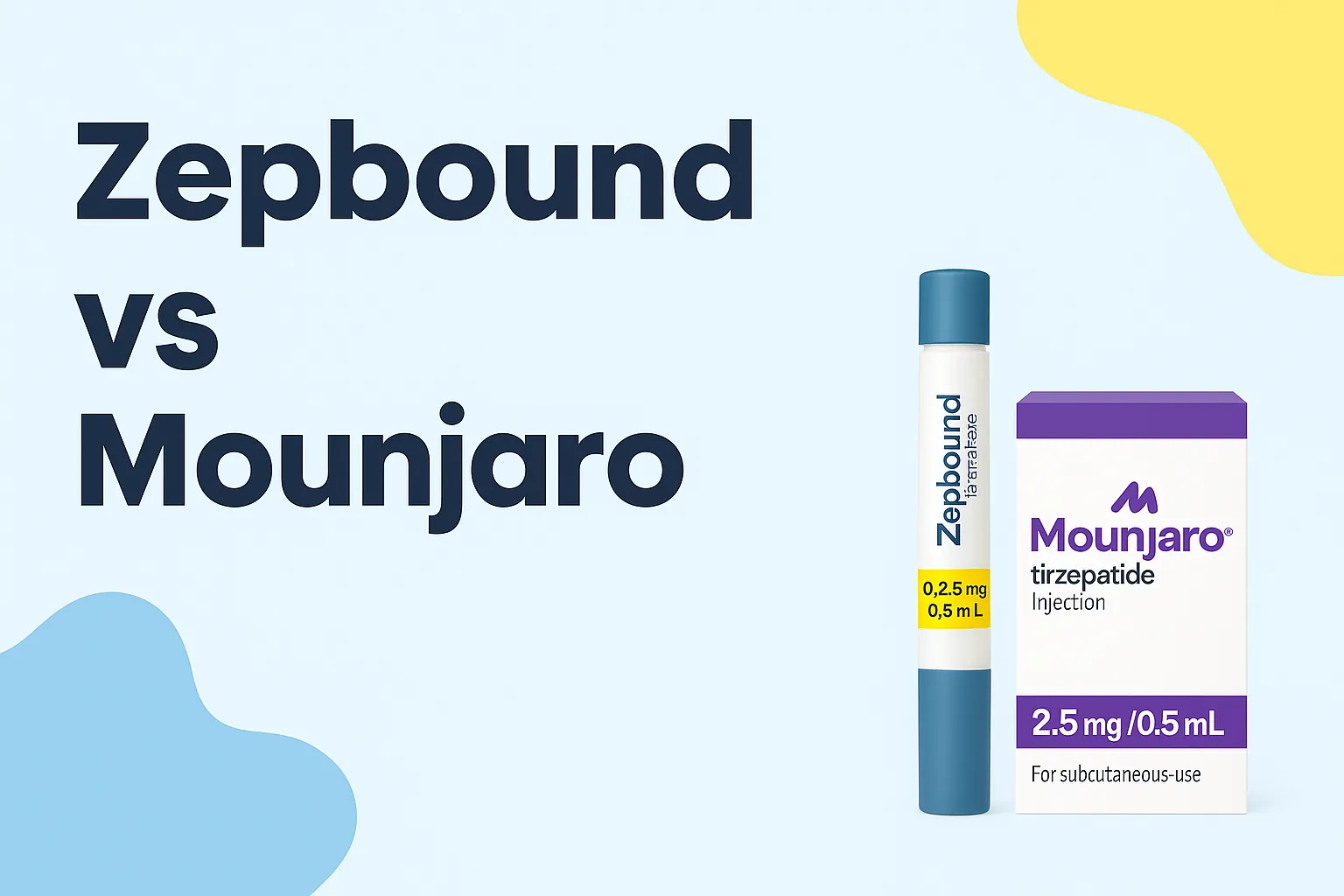
On November 8th, 2023, the FDA approved a new weight-loss drug: Zepbound, which contains the same drug tirzepatide, as the type 2 diabetes medication Mounjaro. Both are once-a-week injections manufactured by pharmaceutical company Eli Lilly and are available in the same doses. The only difference in these medications is the condition they are approved to treat.
If they are the same medication, why do we have 2 different brand names for tirzepatide? Because of drug shortages to similar medications, Mounjaro has been used off-label for weight loss since it came on the market. So the drug maker looked to follow the blueprint Novo Nordisk used to get their diabetes drug Ozempic (semaglutide), approved for weight loss. Semaglutide is now a weight loss medication under the brand name Wegovy.
The FDA’s approval of tirzepatide under the brand name Zepbound for weight loss came after the successful SURMOUNT-1 trial. During this clinical trial, participants were given weekly doses of tirzepatide for 72 weeks. Participants on the highest dosage evaluated during the study lost an average of over 20% of their body weight, meaning that this medication may be more effective than other similar medications that are currently available, like Saxenda and Wegovy.
In addition to weight loss and blood sugar control, a new study has shown that people taking tirzepatide saw significant improvement in their blood pressure. This is an exciting new potential benefit for these medications because research shows that obesity accounts for between 65% and 78% of cases of primary hypertension. However, additional studies will be needed to see tirzepatide’s impact on cardiovascular events like stroke and heart attack and to determine what would happen to blood pressure if patients stop taking the medication.
Keep reading to learn more about these medications. Because they contain the same active ingredient and have the same dosage, they have similar side effects, warnings, and precautions.
Zepbound and Mounjaro FAQs
What are Zepbound and Mounjaro used to treat?
Zepbound (tirzepatide) is FDA-approved along with regular exercise and a reduced-calorie diet for chronic weight management in adults with an initial body mass index (BMI) of:
- 30 kg/m^2 or higher (obesity) or
- 27 kg/m^2 or higher (overweight) with at least one weight-related condition such as high cholesterol, high blood pressure (hypertension), type 2 diabetes, heart disease, or obstructive sleep apnea
Mounjaro is approved by the FDA along with a reduced-calorie diet and regular exercise to improve blood sugar control in type 2 diabetics.
How do Zepbound and Mounjaro work?
Tirzepatide, the active ingredient in Zepbound and Mounjaro, is a glucagon-like peptide-1 (GLP-1) and glucose-dependent insulinotropic polypeptide (GIP) receptor agonist. It works by acting like GIP and GLP-1, 2 hormones released in your gut that are involved in controlling your blood sugar and appetite. GLP-1 and GIP target areas in your brain to help decrease appetite and slow down digestion to help you feel full faster and longer. This can help you eat less and lose weight. They also stimulate your pancreas to release insulin, which reduces your blood sugar levels.
What are the side effects of Zepbound and Mounjaro?
The most common side effects of these medications include:
- Nausea
- Diarrhea
- Vomiting
- Indigestion
- Constipation
- Decreased appetite
Some other possible side effects of Zepbound and Mounjaro include:
- Burping
- Fatigue
- Stomach pain
- Hair loss
- Injection site reactions
- Dizziness
Zepbound and Mounjaro may also cause more serious side effects including:
- Serious allergic reactions, including:
- Hives
- Swelling of your throat and tongue
- Trouble breathing
- Increased risk of thyroid cancer or thyroid tumors.
- Pancreatitis (inflammation of your pancreas).
- Kidney damage including kidney failure.
- Gallbladder problems including gallstones.
- Hypoglycemia (dangerously low blood sugar).
- Vision changes in people with type 2 diabetes (diabetic retinopathy).
- Worsening depression or suicidal thoughts.
These are not all of the possible adverse events of Zepbound or Mounjaro. You should always seek medical advice from a healthcare professional for any questions or concerns about your medical condition or treatment. You should also read all the patient information, including your Medication Guide that comes with these medications. You can report side effects to the FDA at 1-800-FDA-1088 or www.fda.gov/medwatch.
Is there a Boxed Warning with Zepbound or Mounjaro?
The Food and Drug Administration (FDA) recommends people who have a personal or family history of medullary thyroid cancer (MTC) should not use Zepbound or Mounjaro along with people with Multiple Endocrine Neoplasia syndrome type 2 (MEN 2). You should also avoid this medication if you are allergic to tirzepatide or any inactive ingredient in the product’s formulation.
Shop Medications
What precautions are there with Zepbound and Mounjaro?
You should be sure your healthcare provider is aware of all your medical conditions as they may be contraindications or you may need increased monitoring during treatment, including if you:
- Currently have or have a history of kidney or pancreas problems.
- Have severe stomach problems such as slowed emptying of your stomach (gastroparesis) or problems with digesting food.
- Currently have or have a history of diabetic retinopathy.
- Are pregnant or plan on becoming pregnant.
- Are breastfeeding or plan on breastfeeding.
Oral birth control pills may not work as well if you take Zepbound or Mounjaro. You will need to use another type of birth control for 4 weeks after starting this medication and for 4 weeks after each increase in your dose of your medication. Talk to your healthcare provider about which alternative birth control methods may be right for you.
Are there any drug interactions with Zepbound or Mounjaro?
When Zepbound or Mounjaro is taken with other prescription drugs, over-the-counter medications, vitamins, herbal products, and supplements, it may change how they work or increase the risk of side effects. Be sure to tell your healthcare provider about all your current medications, including:
- Other medications that can lower your blood sugar such as insulin.
- Oral medications, since Zepbound and Mounjaro slow down digestion and can change how much these medications are absorbed.
What is the difference between Zepbound and Mounjaro in treating type 2 diabetes?
Both Zepbound and Mounjaro are GIP and GLP-1 receptor agonists that are available in the same doses. Zepbound is only approved by the FDA to help certain people lose weight. It is not FDA-approved as a type 2 diabetes medication. However, tirzepatide, the active ingredient in Zepbound, is already approved as the type 2 diabetes drug Mounjaro when used along with a healthy diet and increased physical activity.
Can you switch from Mounjaro to Zepbound?
There are no manufacturer recommendations if you want to switch from Mounjaro to Zepbound. You should work with your healthcare provider to determine the best way for you to switch between these 2 products.
If you are switching from Mounjaro to Zepbound, you may be able to maintain your current dosage. Because they contain the same active ingredient, tirzepatide, your body should have a similar reaction to the medication. Zepbound pens are also available in the same doses as Mounjaro pens.
Do Mounjaro and Zepbound cost the same?
The list price and average retail price for Mounjaro and Zepbound are basically the same. What you will pay will depend on your insurance coverage. If you do not have insurance or it does not cover these medications, you can expect to pay around $1,300 for a month’s supply. Eli Lilly also has savings programs to help with the cost, regardless of whether you have insurance coverage.
What are the key differences between Zepbound and Mounjaro in terms of mechanism of action and clinical use?
Zepbound and Mounjaro are basically the same medication. They both contain tirzepatide, which is a GLP-1 and GIP receptor agonist. By working on these 2 receptors, it is thought to target areas in your brain that control appetite. They also make you digest food slower to help you feel full faster and longer. Tirzepatide will cause your pancreas to release insulin, which reduces your blood sugar levels.
Zepbound is approved as a weight loss medication for certain adults, while Mounjaro is used to help manage blood sugar levels in adults with type 2 diabetes. Both medications should be taken along with a healthy diet and regular exercise.
Related Medications
- Mounjaro (tirzepatide)
- Ozempic (semaglutide)
- Rybelsus (semaglutide)
- Trulicity (dulaglutide)
- Victoza (liraglutide)
- Saxenda (liraglutide)
